
Eczema of the Scalp
Eczema is a type of dermatitis. It is actually inflammation of the superficial layer of the skin called epidermis. Eczema can affect every part of the body. There are several different forms of this disease and the most common include atopic eczema, contact dermatitis, xerotic eczema and seborrhoeic eczema. Apart from these 4 types there are several more which tend not to occur very often. They are dyshidrosis, discoid eczema, venous eczema, dermatitis herpetiformis, neurodermatitis and autoeczematisation.
The predilection places for eczema commonly include hands, legs and scalp. Both genders as well as people of all ages can be affected by the disease. Predisposing factor for eczema of the scalp is that the scalp is rich in sebaceous glands which produce grease and can ease the process of inflammation. Another factor which can explain why the scalp is so frequently affected by the disease is the presence of hair follicles. Hair follicles produce their own secretions which in a combination with the product of sebaceous glands makes a perfect combination for the onset of the disease. Additional inducers of eczema are specific weather conditions such as heat or humidity or even cold and exposure to sunlight.
Some doctors believe that the actual cause of eczema is related to hormonal imbalance while others think that the condition is caused by fungi.Symptoms of Scalp Eczema
Scalp eczema can be divided into environmental and internal eczema.
The leading symptoms of the disease are skin inflammation, erythema and itchiness. The affected skin can be covered in oily and yellow scales. Greasy skin patches can also occur and they predominantly affect the eyebrows and the area behind the ears.
Treatment for Eczema of the Scalp
The treatment basically depends on the type of the eczema. Patient is usually prescribed specific topical creams and the symptoms withdraw soon after the therapy has started. The most commonly prescribed medications are anthralin, pyrithione and salicylic acids. In resistant cases, patients are given corticosteroids.
Additional help can be obtained from proper food. Namely, some foods can be helpful in overcoming of this skin disease. Some types of fish are particularly good since they are rich in omega-3 fatty acids. Omega-3 fatty acids are highly effective against eczema. However, increased intake of these acids has to last for a while until the first results occur. Apart from eating food rich in omega-3 fatty acids one can also take supplements containing these acids. And regular consumption of green salads can also help with eczema of the scalp. Green vegetables are rich in antioxidants which can successfully eliminate bacteria and other infective agents and be of additional help in treating eczema.




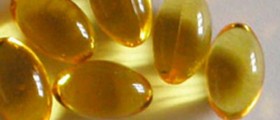

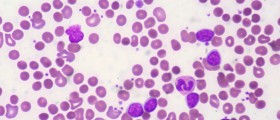


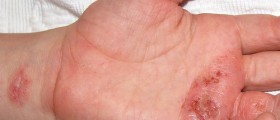
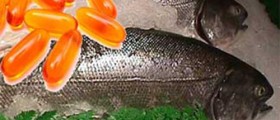
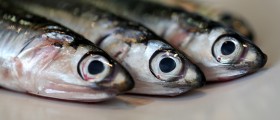
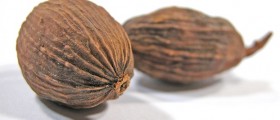


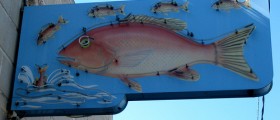

Your thoughts on this
Loading...